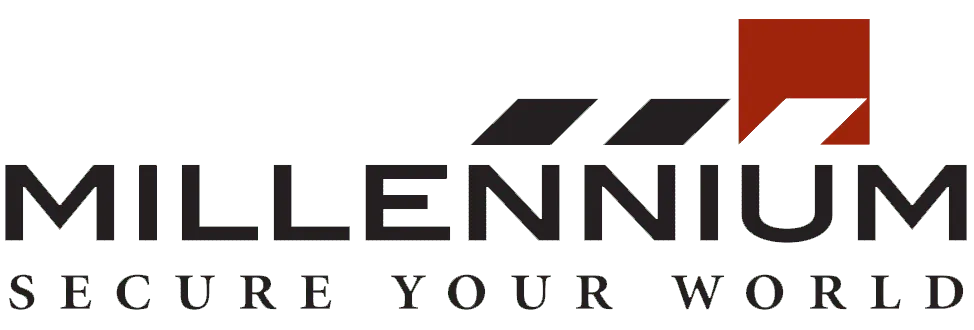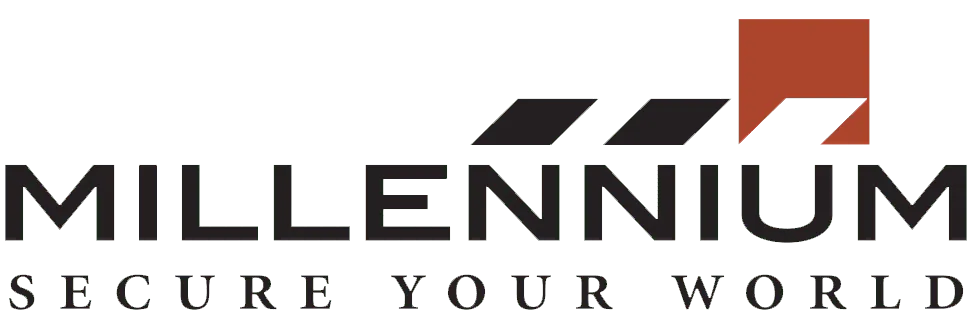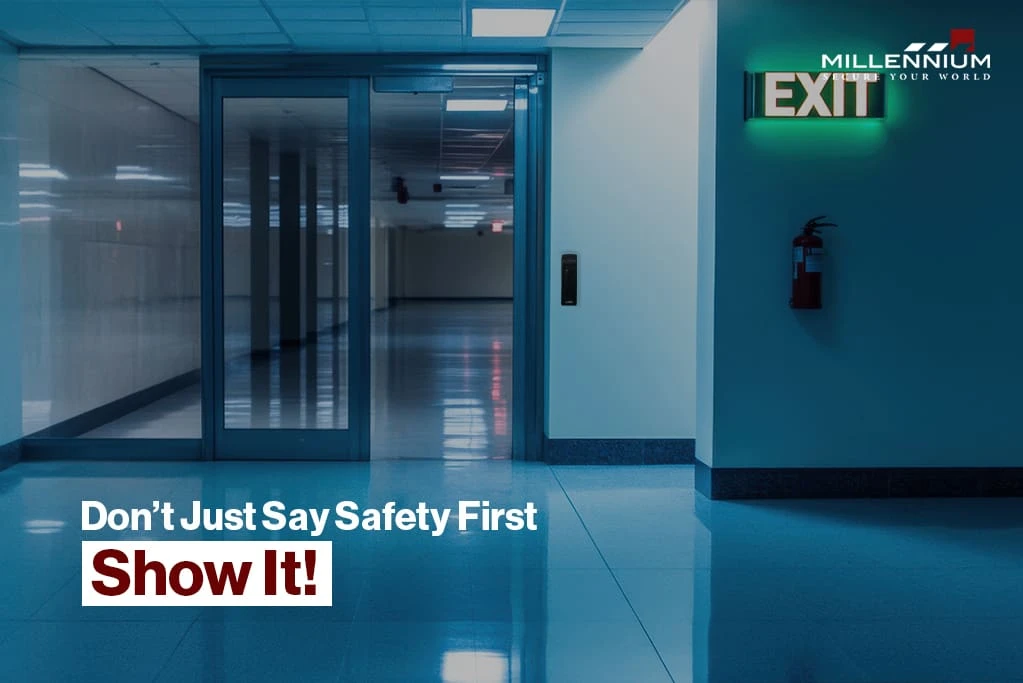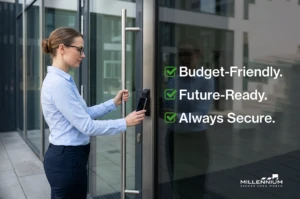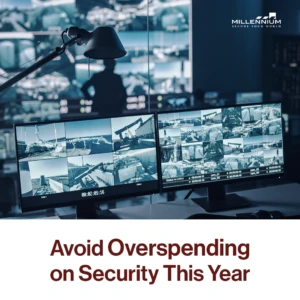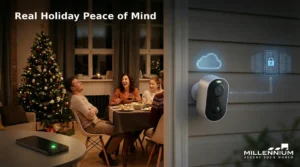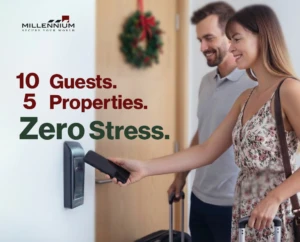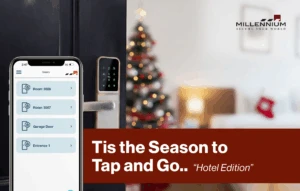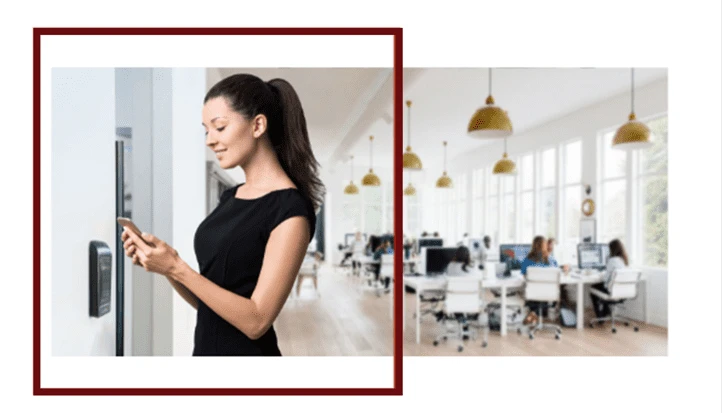We often say, “safety first”—but in the world of real estate, property management, and facility operations, proof of safety matters more than ever.
You might already be running a tight ship: your cameras are up, your access control system is fully functional, and your maintenance logs are squeaky clean. But here’s a question you might not have asked lately:
Does Anyone Outside Your Team Know That?
Recognition isn’t just about ego or awards. It’s about visibility, trust, compliance—and yes, profitability.
We live in a world where perception drives decision-making. If people don’t see your building as safe, they won’t treat it that way. Whether you manage a commercial property, a multifamily complex, or a government facility, your building’s security reputation can impact occupancy, tenant satisfaction, insurance rates, and even your property’s market value.
Let’s break down why being recognized for your building’s safety matters, what programs are available, and how it can help you stand out in a crowded market.
- Safety Is a Selling Point—But Only If People Know About It
Common question:
“We already have great security—do we really need to advertise it?”
Short answer:
Yes. Because perception drives behavior.
In a recent survey by NMHC, over 82% of renters said that security features were a top factor in choosing where to live. But it’s not enough to just have security—you need to showcase it.
Here’s the thing: tenants rarely ask to see your technical specs. They want to feel secure, and that starts with visible systems, clear policies, and proud presentation.
What you can do:
- Use signage that highlights your 24/7 surveillance and access control system.
- Add security protocols to your lease agreements and welcome brochures.
- Give security tours—just like you would for amenities like the gym or rooftop lounge.
- Post tenant reminders during holidays or events to show proactive safety planning.
Bonus tip? Record short videos of your safety walkthroughs and post them on your website or social channels. It turns your security into a marketing asset, not just a liability line item.
- Certifications Are More Than Stickers—They Signal Operational Maturity
Common question:
“Do certifications really make a difference?”
Absolutely. Especially when you’re managing risk, securing funding, or trying to win over stakeholders who don’t see security as “glamorous.”
Certifications give your safety claims credibility. Whether it’s an industry standard or a local recognition program, it tells others: “We don’t just talk about safety—we prove it.”
You might consider:
- UL 294 / UL 2050: For commercial-grade access control systems and electronic security components.
- Crime-Free Housing programs: For multifamily or student housing.
- LEED + WELL certifications: If sustainability and well-being are part of your brand.
- Local Safe Site Programs: Some municipalities offer these in partnership with law enforcement.
These aren’t just badges—they’re trust builders. They also open doors to faster permitting, better insurance premiums, and a smoother tenant onboarding experience.
- Recognition Improves Stakeholder Relationships (and Budget Conversations)
Common question:
“How do I get leadership to invest in security upgrades?”
We get it—security doesn’t always get top billing in budget meetings. But when you show that your security program has external validation, it reframes the discussion.
Instead of saying, “We need a better camera,” you’re now saying:
“We’ve been nominated for a regional Safe Property award—and with one more investment in access control, we can win it next year.”
It changes the narrative.
Here’s how you can build the case:
- Track KPIs like door event logs, alarm incidents, and access attempts.
- Compile a one-page quarterly report showing improvements.
- Add third-party comments from vendors or inspectors to your presentation deck.
- Tie access control directly to tenant satisfaction surveys or online reviews.
By proving your program’s impact and credibility, you’re not just asking for money—you’re presenting a strategy.
Download the Cloud Access Control Checklist
your 15-step, printable guide to building a secure, scalable, and cloud-ready system.
Includes: PoLP setup, MFA guide, permission audit worksheet + a bonus printable template.
- It Can Directly Impact Your Bottom Line
Common question:
“Will this recognition really improve ROI?”
It’s easy to forget how many areas safety touches:
- Tenant retention: Safe buildings = loyal tenants. People rarely renew if they feel unsafe.
- Faster lease-ups: Security features often tip the scale in multifamily and office leases.
- Reduced liability: In the event of a security incident, documented protocols can help limit exposure.
- Higher appraisals: Smart buildings with reliable access control systems command higher value in the eyes of investors and buyers.
And here’s a fresh angle: branding.
Imagine having a plaque in your lobby that says, “Certified Safe by [Local Authority or Partner Program].” Or an online badge on your property’s website. It’s more than feel-good PR—it’s a positioning tool that separates you from the building down the street.
- Recognition Builds Confidence and Legal Protection
Common question:
“We haven’t had any incidents—why should we fix what isn’t broken?”
Because in today’s world, being reactive is risky business.
When something does go wrong, the first question will be: “What had been done to prevent this?”
Recognition shows a proactive, transparent approach to risk management. It proves you followed the best practices available. In a legal or PR crisis, this documentation and third-party verification may be your best defense.
Even more importantly, it builds community trust. Tenants are more likely to report suspicious activity or follow safety rules when they know you take it seriously.
Final Takeaway: Don’t Just Be Secure—Be Seen as Secure
We’re not saying you need to chase trophies. But we are saying this: visibility in your security strategy adds real-world value.
A modern access control strategy, when layered with surveillance, training, and third-party recognition, transforms your building from just “another property” into a respected, trusted, and preferred destination.
Want to Learn What Recognition Could Look Like for Your Facility?
Millennium helps buildings move beyond basic access control. We partner with property managers, IT leads, and operations teams to assess, elevate, and even certify your system’s safety level—whether you’re managing five doors or five campuses.
Let us show you how a future-ready access control system can position your property for growth, recognition, and trust.
Start your system review today.
Let’s turn your safety into a competitive advantage. Contact Us today
Millennium is a scalable, hosted, access control platform that services any type of real estate. Our cloud-based solution allows managers and tenants to efficiently manage their physical security from anywhere while enhancing experience and driving profitability.
